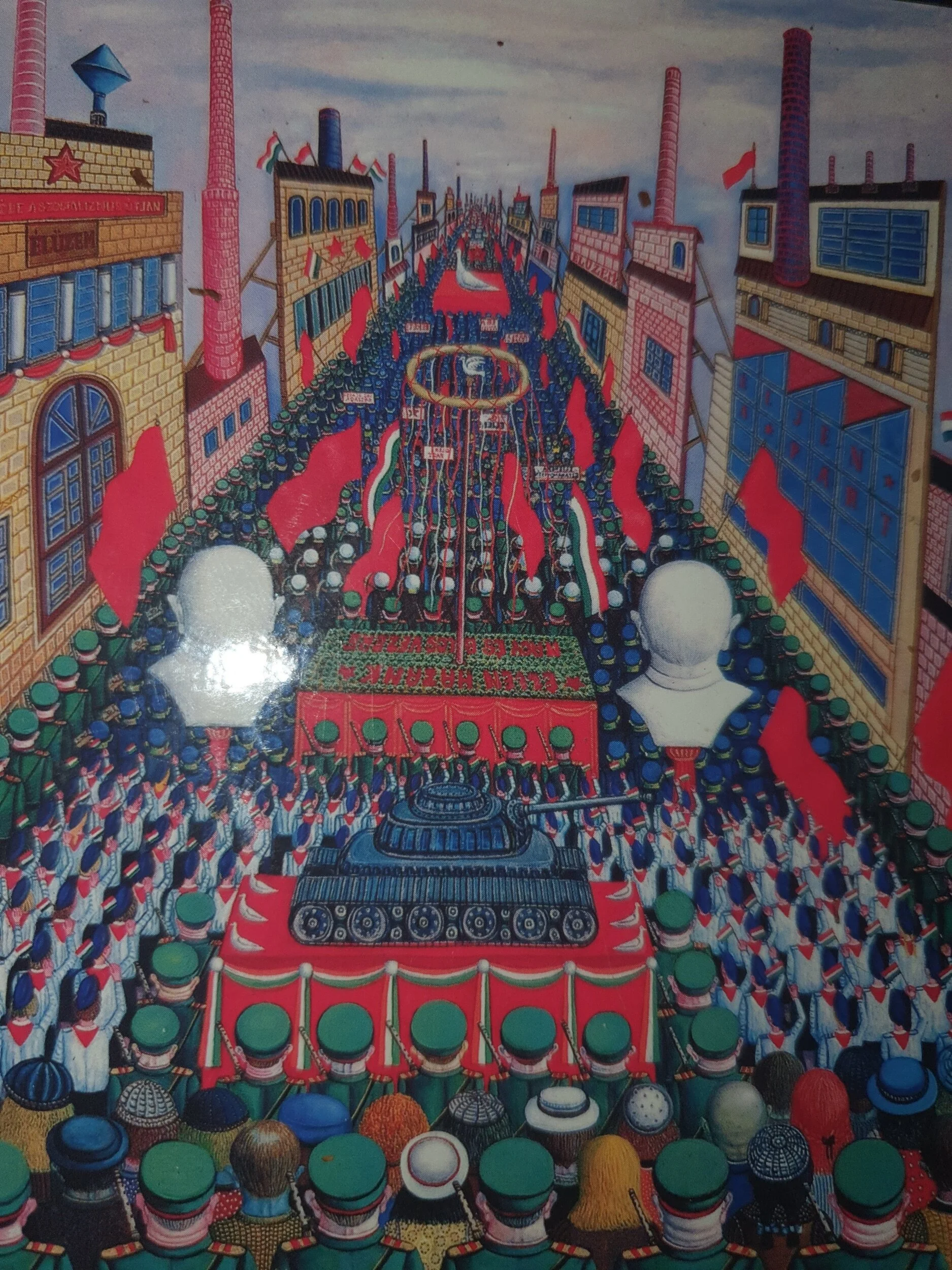Economics.
Here is some of our free academic content of economics.
Americas’ Strategy of
Stratification…
TBC…
Are the big tech brands and apps of Americas’ Imposing a zero business relation strategy to up their connections in integrated and controlled multinational business and for what gain?
A think* about the U.S’ tech industry and how it is seemingly stratifying to dominate the market.
Karl Marx. Capital and Capitalsim.
Marxism is a school of thought that attempts to solve the problems of inequality in grass roots economics. Karl Marx was influenced by the European experiences if the French revolution. From the influence of Sismondis’ work- Karl Marx depicted ways of closing the divide between rich and poor, making lesser of the issue associated to classism and the Capitalist Ideology that was criticised as a failed system.
‘ Sismondis’ greatest contribution was the recognition and chaterisation of social classes. ‘ - A History Of Economic Thought. Eric Roll. (Pg. 97).
This distinction between social classes obviously suggests an institutional effort and so we could perhaps think the process of becoming communist. Sismondis' work affects sociological conditions of economics by creating the debate of abusive capitalism against the interests of the common proletariat. Attentions for the work forces where thought of to turn towards the work of the artisan or farmer. From these thoughts were concepts such as socialism and communism formed.
Communism as an ideology and socialism relate however are different. The ideologies exist to free workers from exploitation. From understanding the transition from monarchy to capitalist economies came with the problem of workers not being paid enough for labour. According to Marx- socialism is a pre-cursor to communism.
Socialism is when the democratic state controll the means of production and the proletariat are all equally responsible for efforts towards state economic development.
The main difference between socialism and communism is that where its similar on the sense of everyone working towards production through state controlled programs; only the minimal needs are rewarded to workers. All assets within the country are aslo controlled by national governance.
Socialism in some aspects out performs capitalism. Examples are within the healthcare and millitary institutions of some European countries in the modern day. This is because a more communist style of governance offers more support for the poor. Because of the finance needed for enterprise in research- this sector also benefits from socialism.
Since 1923; social research has has greatly improved economies and working conditions however before the founding of the Institute Of Social Research- Karl Marx and Frederick Engles thought of practical economy and grassroots sociology greatly impacted upon the future perceptions of governing models.
Themes from the French revolution hung in the minds of Europeans and the genral tones were of captialism being unstable. Some efforts of Karl Marx point towards social justice via political action.
Karl Marx argued that there were some essential flaws within capitalism. Modern works alienated, in the sense of Adam Smiths’ example of uniquely skilled pin workers. The productive speciality of a worker is essentially ungratfified and unfulfilled. Its also insecure. The placements for work essentially change to the products price. Marx believed that communism made for the ideal world and that it included everyone as it was inclusive and focused on the basic social needs of society. Specialised work; as ungratifying as it was- also paid little. Capitalists where benefiting from the products of proletariat labour. The hard working but lesser educated were being institutionally alienated by graduated businessmen. Where the labour costs were low and sales prices highgher- the divide between rich and poor was increasing.
‘ The wealth of these societies in which the capitalist mode of production prevails, presents itself as a huge accumulation of commodities. ‘ - Capital, Karl Marx (pg.22).
